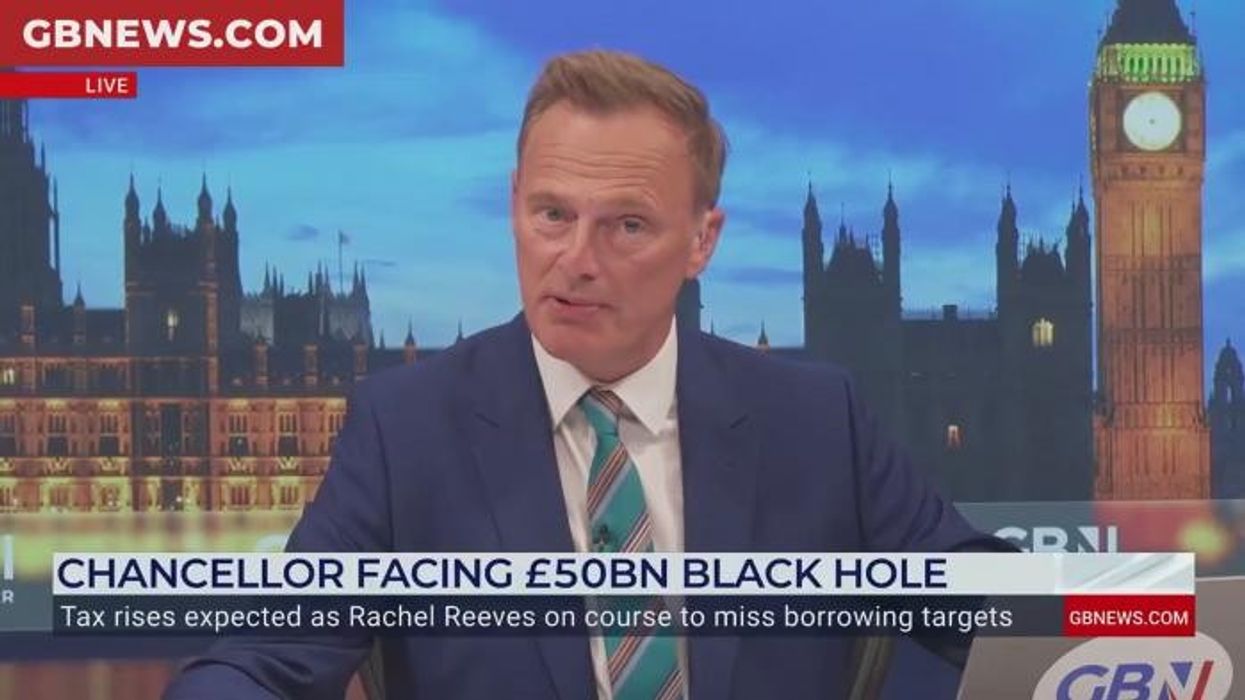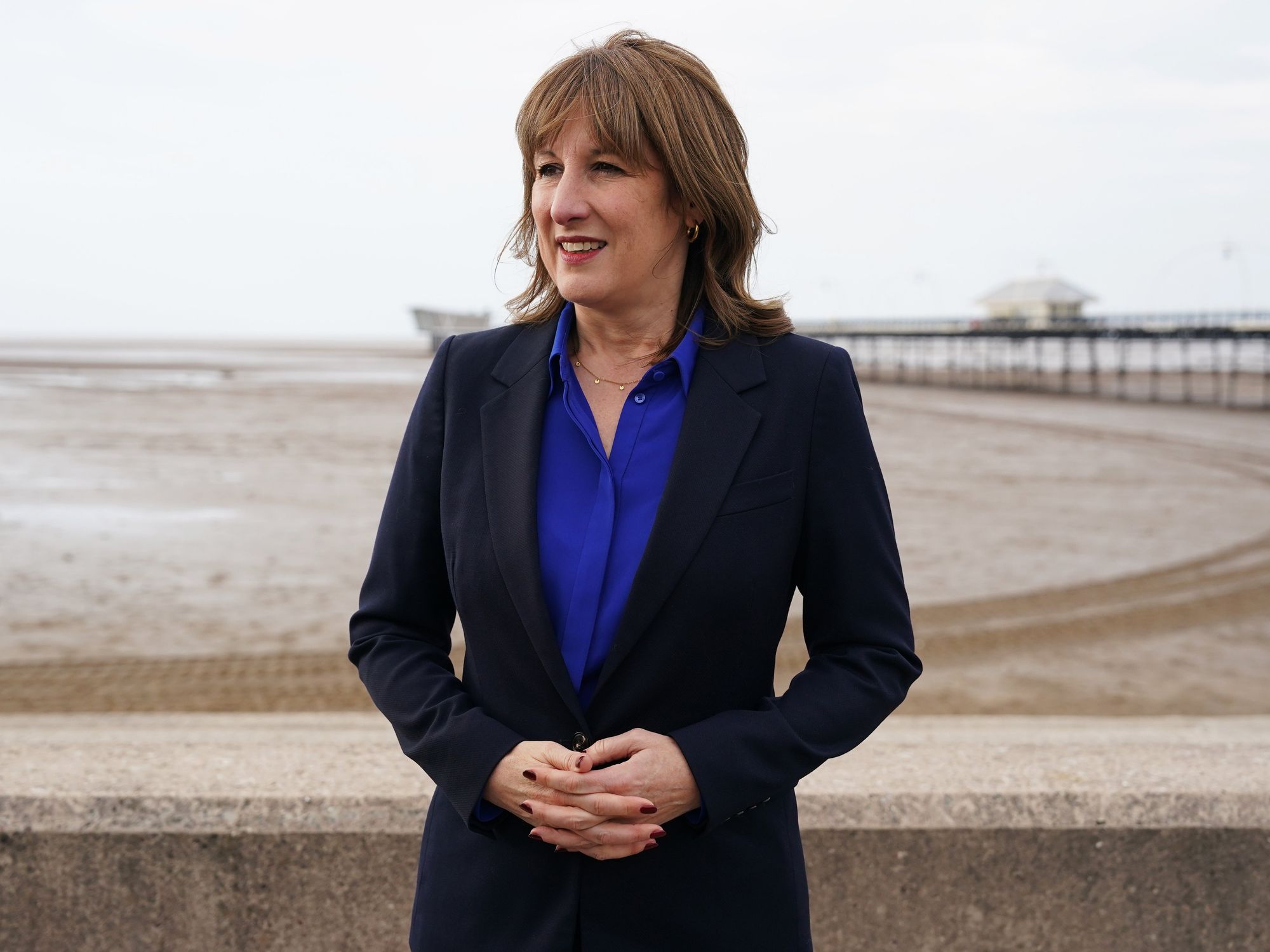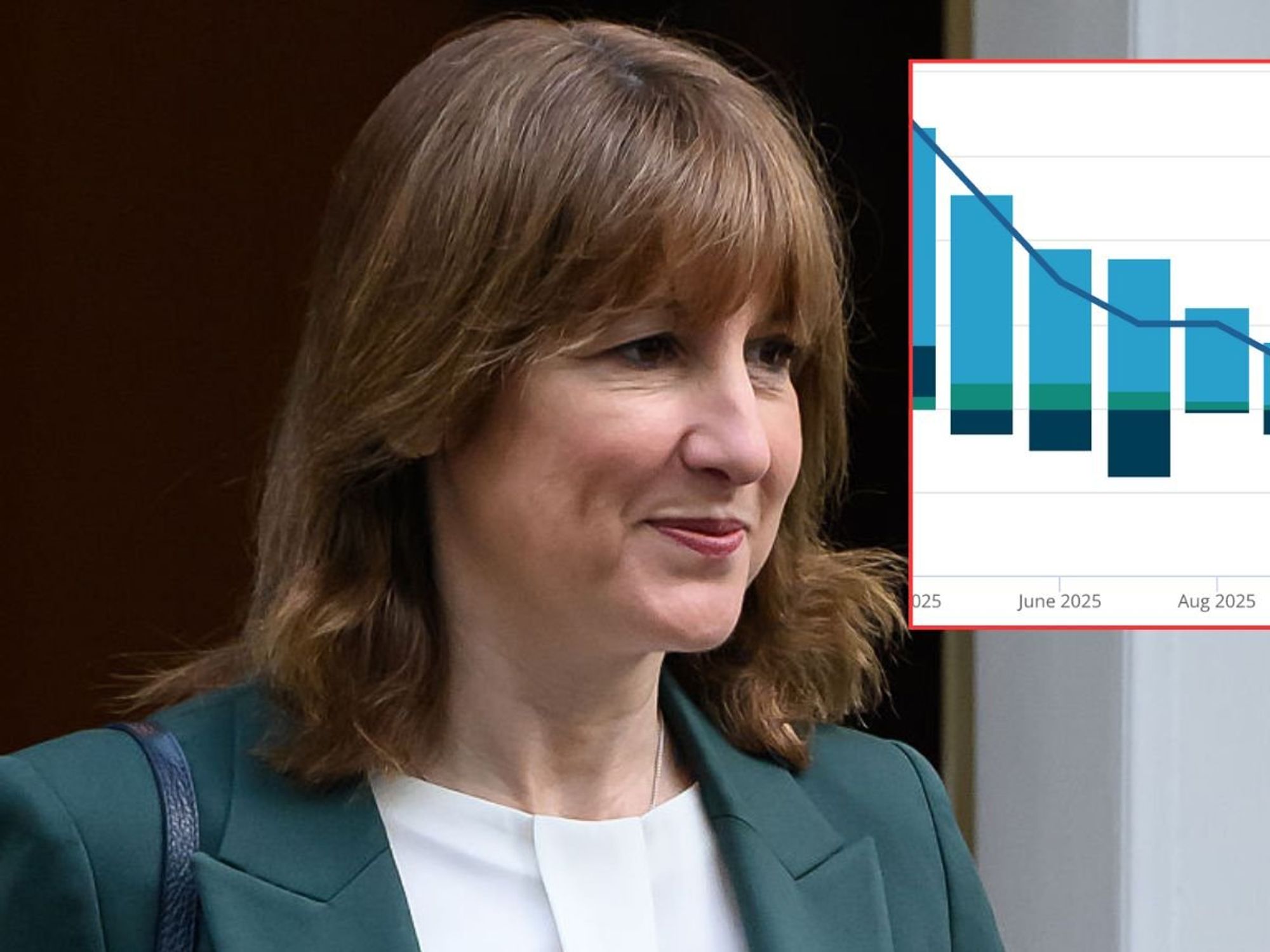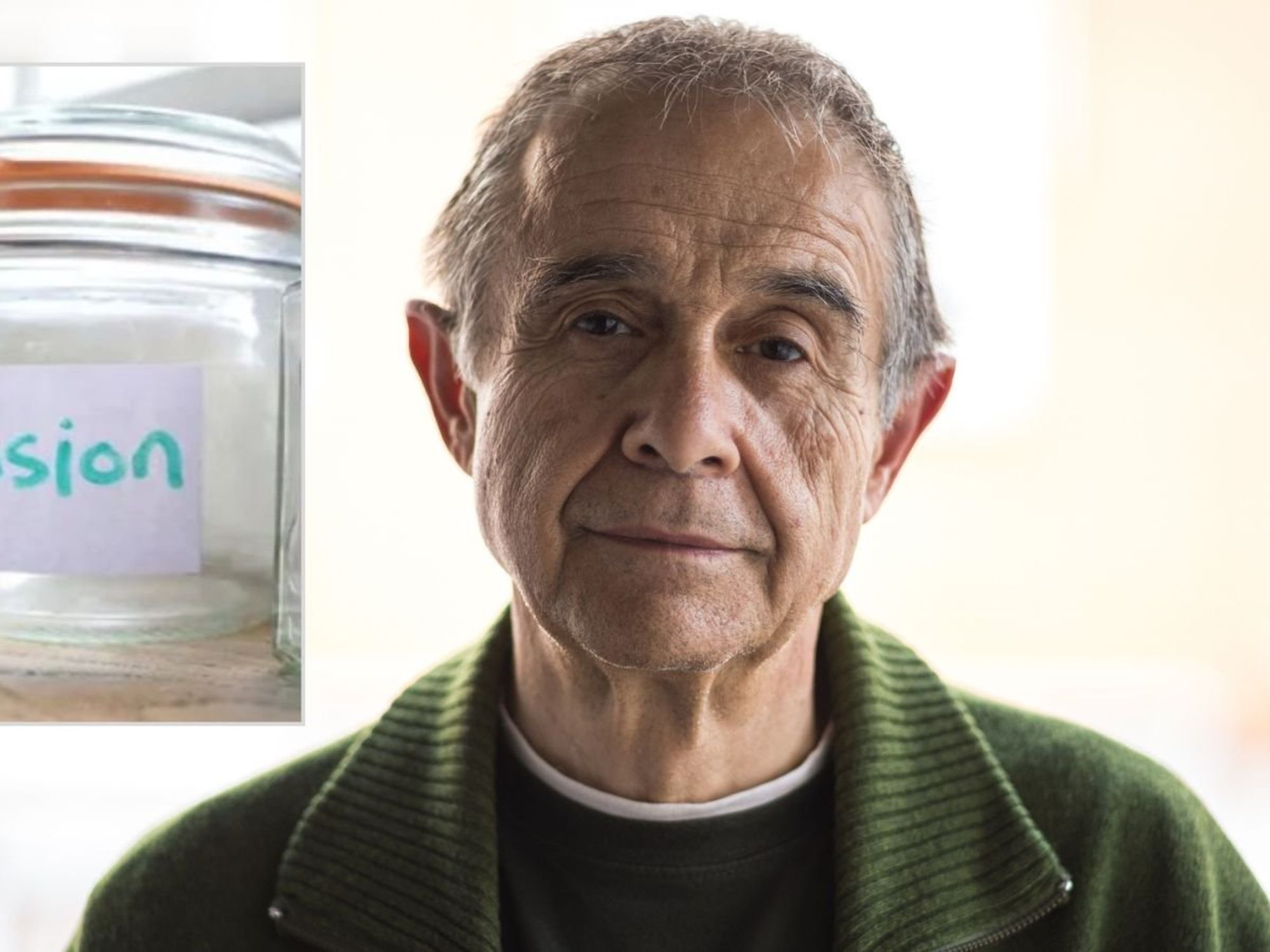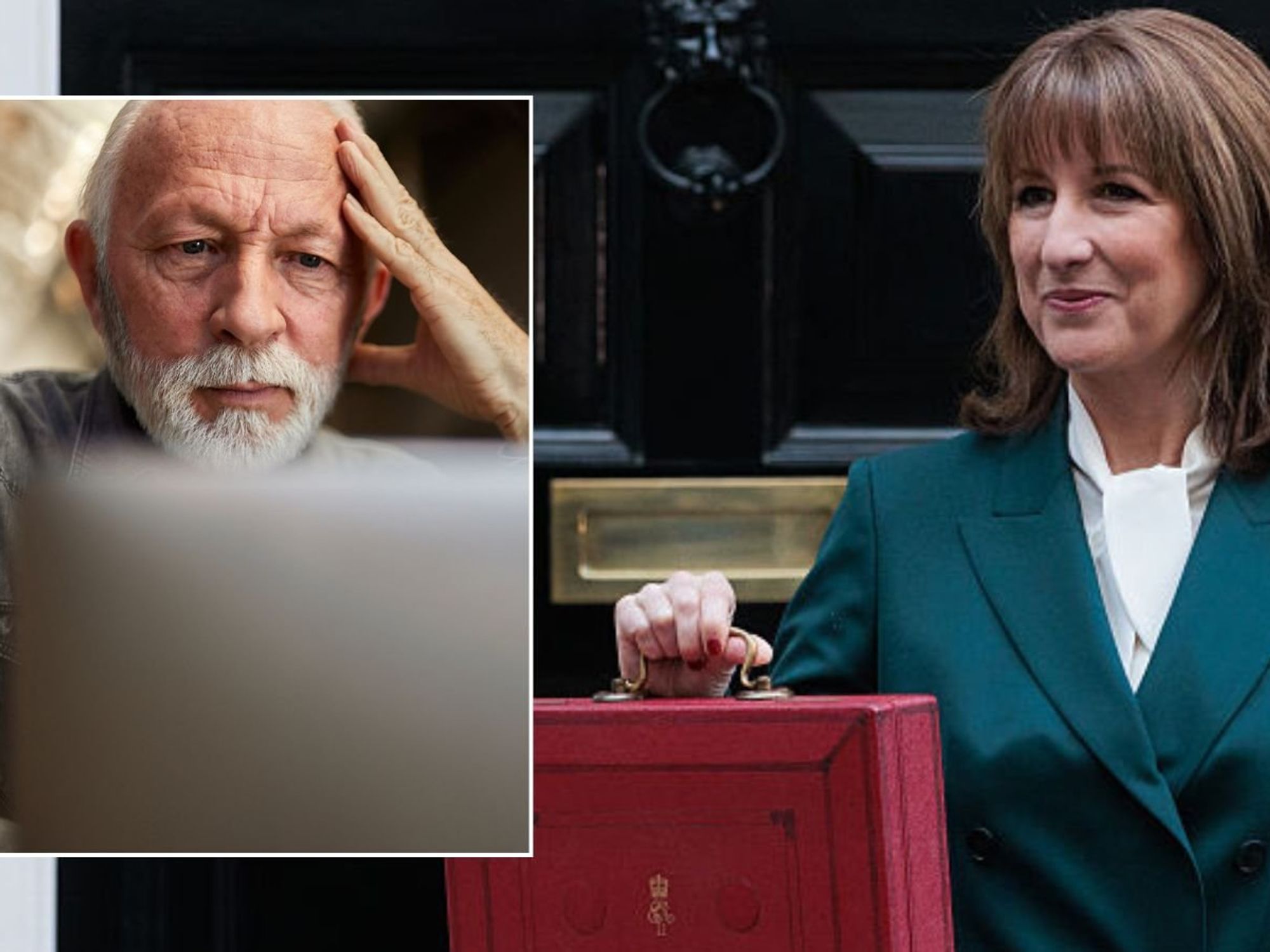Rachel Reeves dismisses wealth tax as 'mistake' despite £20billion Budget tax grab looming

The Chancellor insisted existing measures already target wealth as Labour faces growing internal pressure over its fiscal strategy
Don't Miss
Most Read
Latest
Rachel Reeves has rejected calls for Labour to bring in a wealth tax after being pressed on the issue by a deputy leadership contender.
The Chancellor said it would be a "mistake" to impose wealth taxes she described as "unproven", even as she hinted that further tax rises could still be on the way.
Her comments coincided with several Labour MPs launching campaigns to replace Angela Rayner, who resigned as deputy leader after it emerged she had underpaid stamp duty.
Ms Reeves rejected proposals for a wealth tax, describing the idea as "unproven" when challenged by deputy leadership contender Emily Thornberry. Her stance comes despite preparations to raise at least £20billion in new taxes in the November Budget.
Speaking during Treasury questions, Ms Reeves argued that introducing a wealth tax would be a “mistake,” pointing instead to measures already targeting wealth, such as inheritance tax changes and the abolition of the non-domiciled tax regime.
She also questioned whether a wealth tax would raise significant revenue.
Ms Reeves added: "Some countries around the world do have a wealth tax, but countries like Switzerland don’t have an inheritance tax. I think it would be a mistake to get rid of inheritance tax and replace it with an unproven tax without knowing what revenue it would bring in."
The Labour Party faces mounting internal tensions over fiscal strategy as Ms Thornberry launches her deputy leadership bid with sharp criticism of government policies.
The former shadow foreign secretary, who was excluded from Sir Keir Starmer's Cabinet, declared on social media platform X that the party had "made mistakes" requiring immediate attention.
"We fought hard for a Labour government. But we've made mistakes and must listen. Welfare, Gaza, wealth tax. Changes to come on Send [special educational needs and disabilities]. I will be a voice for the membership, unions, PLP, and our constituents, not just nod along," Thornberry posted.
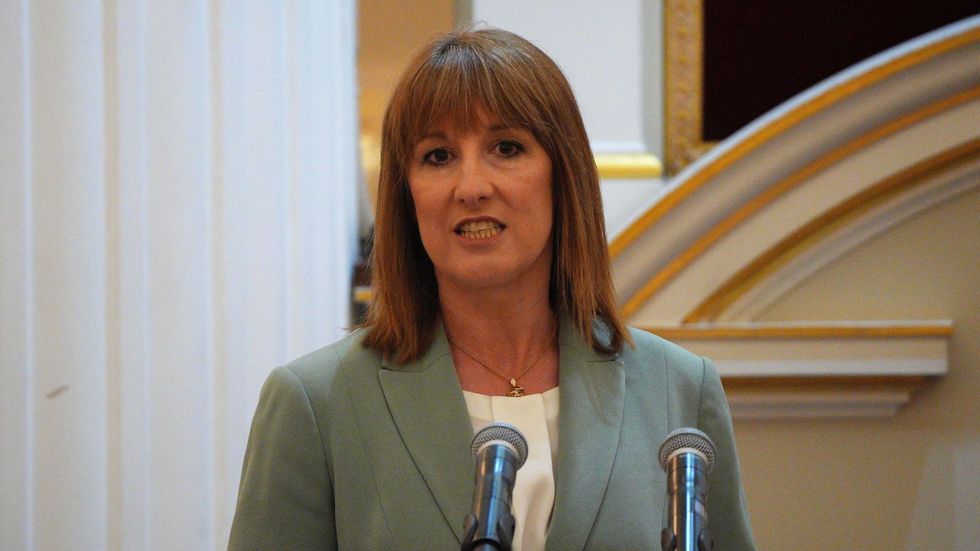
Rachel Reeves dismisses wealth tax as 'mistake'
|GETTY
Her intervention signals potential rebellion from backbench MPs as the Government prepares its November Budget. Former Labour leader Lord Kinnock has also advocated for wealth taxation, proposing a two per cent levy on assets exceeding £10million that could generate up to £11billion annually.
Ms Rayner's departure from her position as deputy leader has triggered a competitive succession race within Labour ranks. The resignation followed revelations about stamp duty underpayment, creating an unexpected vacancy in the party's leadership structure.
Multiple Labour figures have declared their candidacy for the deputy leadership position. Ms Thornberry stands among several contenders vying to replace Rayner in the role.
The leadership contest emerges at a challenging moment for the government as it navigates economic difficulties and prepares significant fiscal measures.
The race highlights broader tensions within Labour about policy direction and internal governance. The timing of Ms Rayner's exit and the subsequent leadership competition adds another layer of complexity to the party's current challenges, particularly as backbenchers express growing concerns about government decisions on taxation and spending priorities.
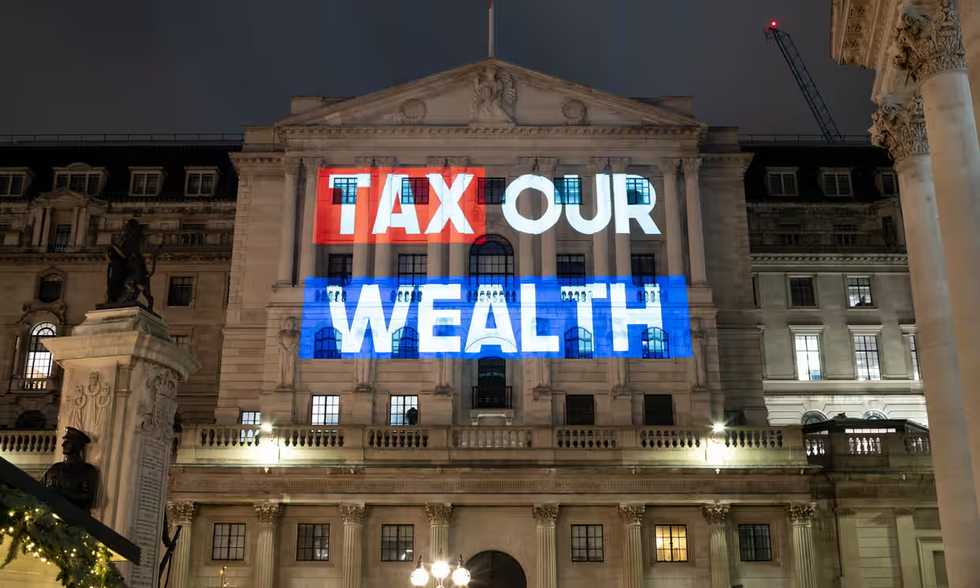 Patriotic Millionaires claim a 2% tax on the richest 20,000 people in Britain would fill the £22bn black hole | Patriotic Millionaires UK
Patriotic Millionaires claim a 2% tax on the richest 20,000 people in Britain would fill the £22bn black hole | Patriotic Millionaires UKBritain's employment market has experienced the steepest decline in recruitment across Europe, with hiring activity plummeting following the Chancellor's decision to increase employers' National Insurance contributions. The tax hike of 1.2 percentage points, implemented in Reeves's previous budget, imposed a £25billion burden on businesses.
Economic pressures continue to mount as inflation surged to 3.8 per cent in July, marking its highest point since January 2024. This figure approaches double the Bank of England's two per cent target, undermining efforts to stabilise the economy.
Despite government claims of having "fixed the foundations" after inheriting what they described as a £22billion fiscal shortfall, economists warn of a potential £50billion gap in public finances.
These challenges compound the difficulties facing Ms Reeves as she prepares her second budget scheduled for November 26.

Ms Reeves outlined dual priorities for the autumn period: expanding economic growth to benefit working families and securing revenue for public service funding
| GETTYMs Reeves responded forcefully to Conservative Party leader Kemi Badenoch's suggestion that Britain might require International Monetary Fund assistance, with economists warning of a potential 1970s-style economic crisis.
"It is not serious, and it is irresponsible," the Chancellor told the House of Commons. "The only thing that needs a bailout is the Tory party from its failed leadership."
During Tuesday's Cabinet meeting, Ms Reeves outlined dual priorities for the autumn period: expanding economic growth to benefit working families and securing revenue for public service funding.
The Chancellor emphasised that while UK growth leads the G7 nations this year, the government remains committed to accelerating progress, supporting the Bank of England's inflation reduction efforts, and managing public expenditure as a growth catalyst.


